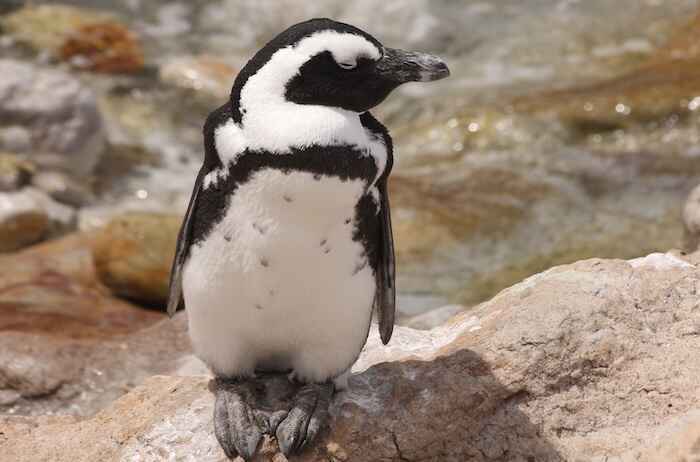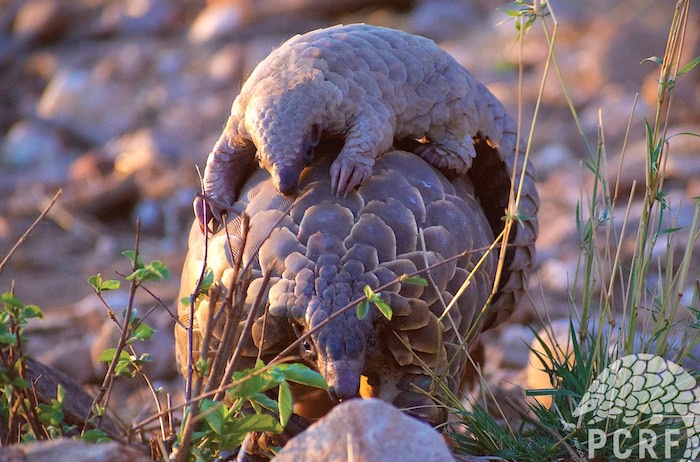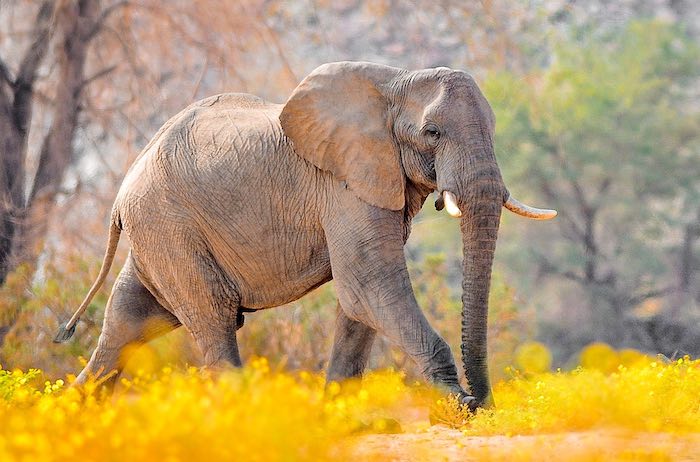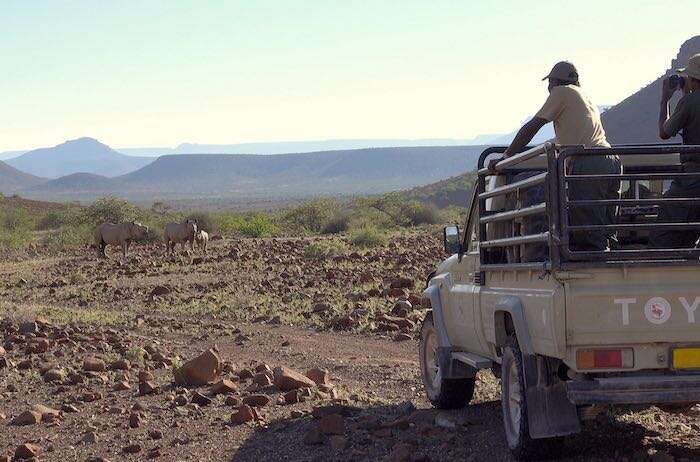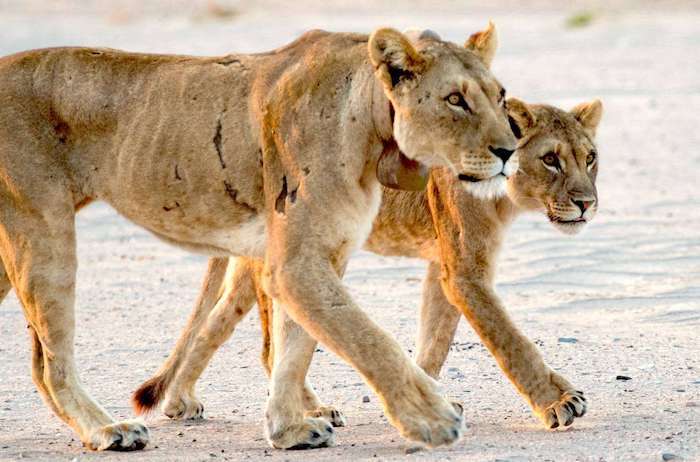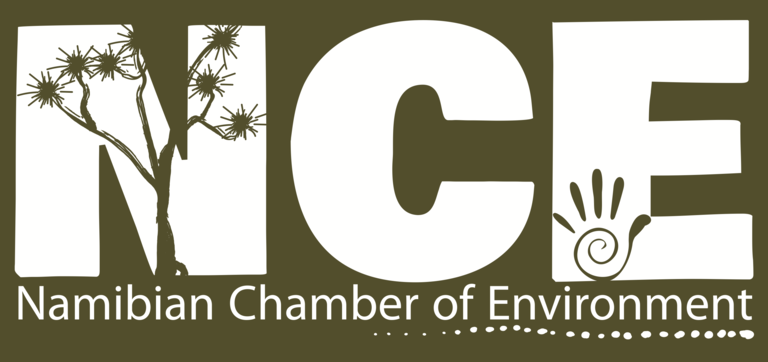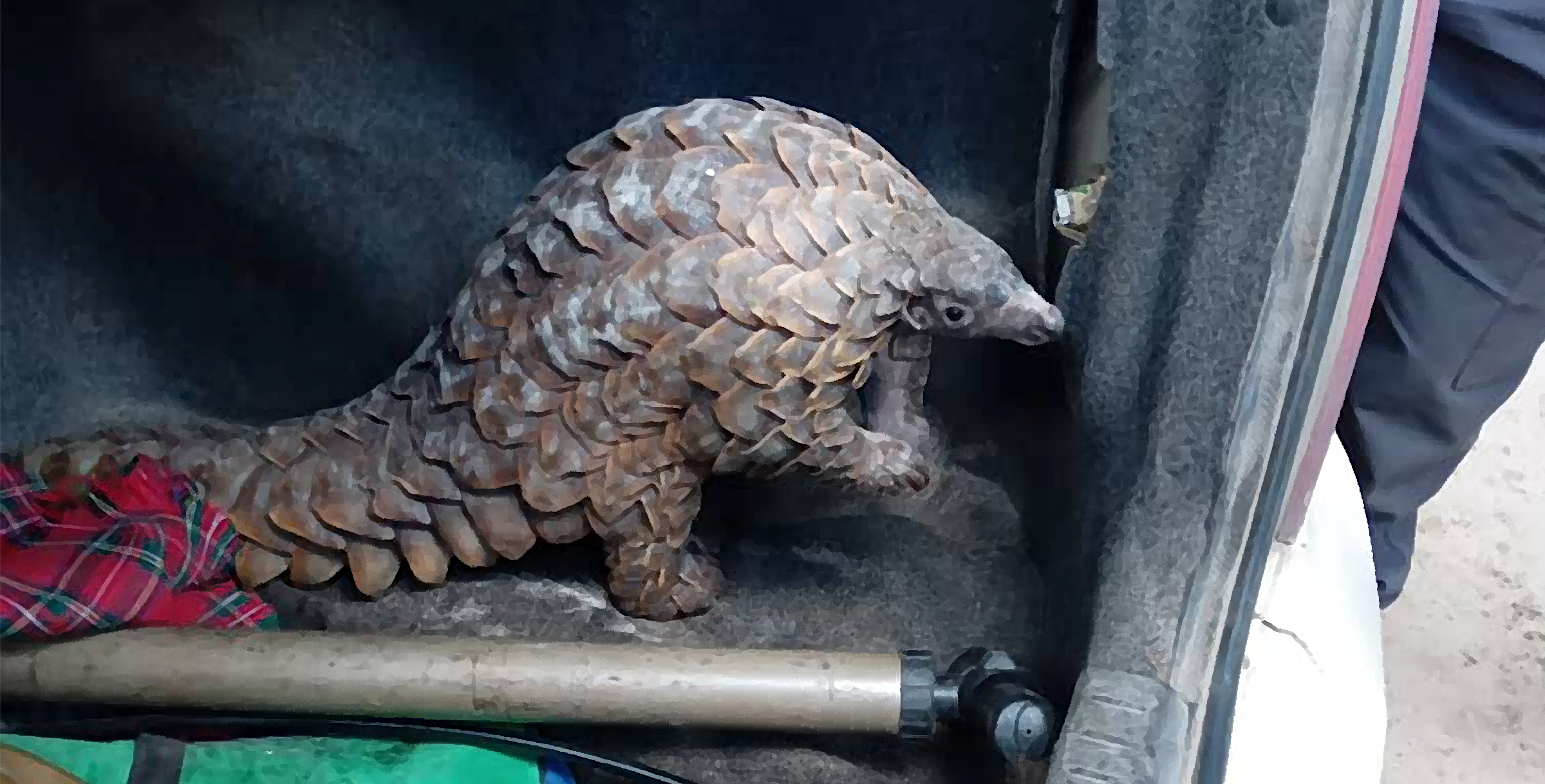
Powerful deterrents against wildlife crime
8th November 2022
Environmental crime has exploded worldwide in recent years. According to a report by INTERPOL and UNEP, environmental crime has increased at 2 to 3 times the rate of the global economy and is now the fourth-largest criminal sector after drug trafficking, counterfeit crimes and human trafficking. It is a massive problem, receiving massive attention. Similar trends are true for Namibia. Over the past decade, cases have skyrocketed from negligible to crisis levels – but over the past five years crime rates have been curbed through increasingly effective law enforcement.
Yet, catching criminals is only half the work. What happens to the arrested perpetrators? And what will deter environmental crime in the long run? Namibia may be finding at least some of the answers.
When independent Namibia was first confronted with modern, organised wildlife crime, the country was not prepared for the onslaught. After experiencing negligible losses while achieving significant conservation successes for more than 20 years, things changed rapidly and poignantly after 2010. Rhinos and elephants were particularly hard-hit, reaching a peak of 97 rhinos poached in 2015 and 101 elephants in 2016. Goaded by public outrage, including demonstrations in the streets, Namibia moved rapidly to counter the crisis.
National security forces were deployed to priority elephant and rhino ranges to help protect the animals. Maximum allowable penalties for wildlife crimes were substantially increased. New government departments were created, dedicated to wildlife protection and the investigation and prosecution of environmental crimes. The Ministry of Environment, Forestry and Tourism created a Wildlife Protection Services Division (MEFT, WPSD). The Office of the Prosecutor General launched an Environmental Crime Unit (OPG, ECU). Inter-agency cooperation between conservation, law enforcement and prosecution was strengthened with a law-enforcement focal point called the Blue Rhino Task Team, headed by the Namibian Police Force's Protected Resources Division (NAMPOL–PRD) and the MEFT Intelligence and Investigation Unit (MEFT–IIU).
All of these interventions, facilitated through active support from international and local funding partners, helped to stem the tide of wildlife crime. Wide-ranging partnerships proved particularly important, as the government, non-governmental organisations, local communities and the private sector worked together to counter all forms of environmental crime. Losses of rhinos have been curbed appreciably and elephant poaching has been reduced to negligible levels (though the ivory from elephants poached in neighbouring countries continues to be seized in Namibia).
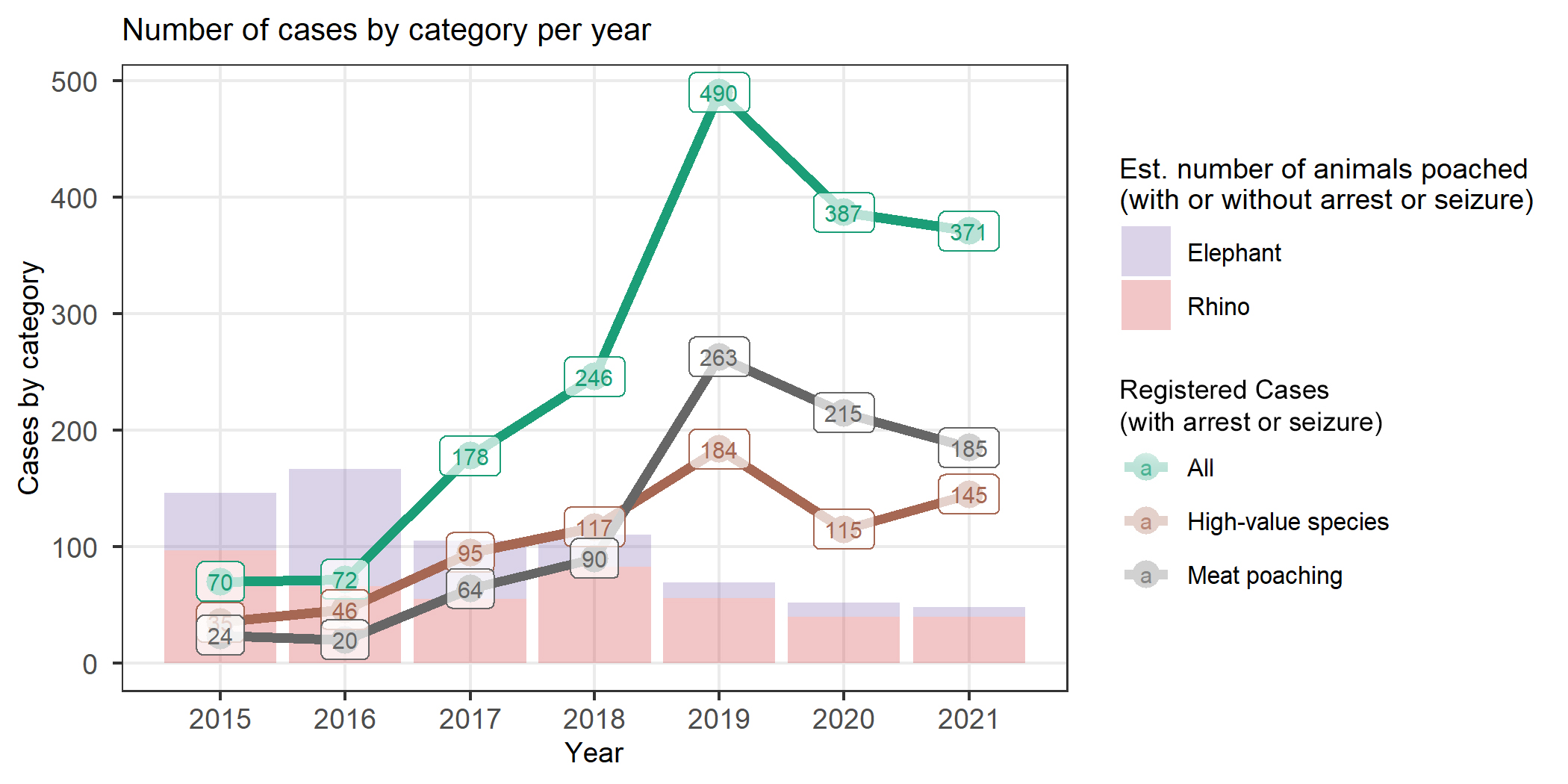
For a time, meat poaching continued to increase, reaching a peak of 263 cases in 2019. This, too, has since been curbed by 30 per cent. Overall, registered wildlife crime cases have been reduced by one quarter over the past two years. Pangolin trafficking nonetheless remains one of the biggest current concerns, as little is known about the overall population status of Namibia's pangolins, while trafficking has increased in step with international trends. Numerous traffickers are being caught and live pangolins are being released back into the wild, but the drivers of the Namibian trade are poorly understood.
Effective law enforcement against an active criminal sector results in high numbers of arrests. Since 2015, more than 4,200 suspects have been arrested for various wildlife crimes in Namibia.
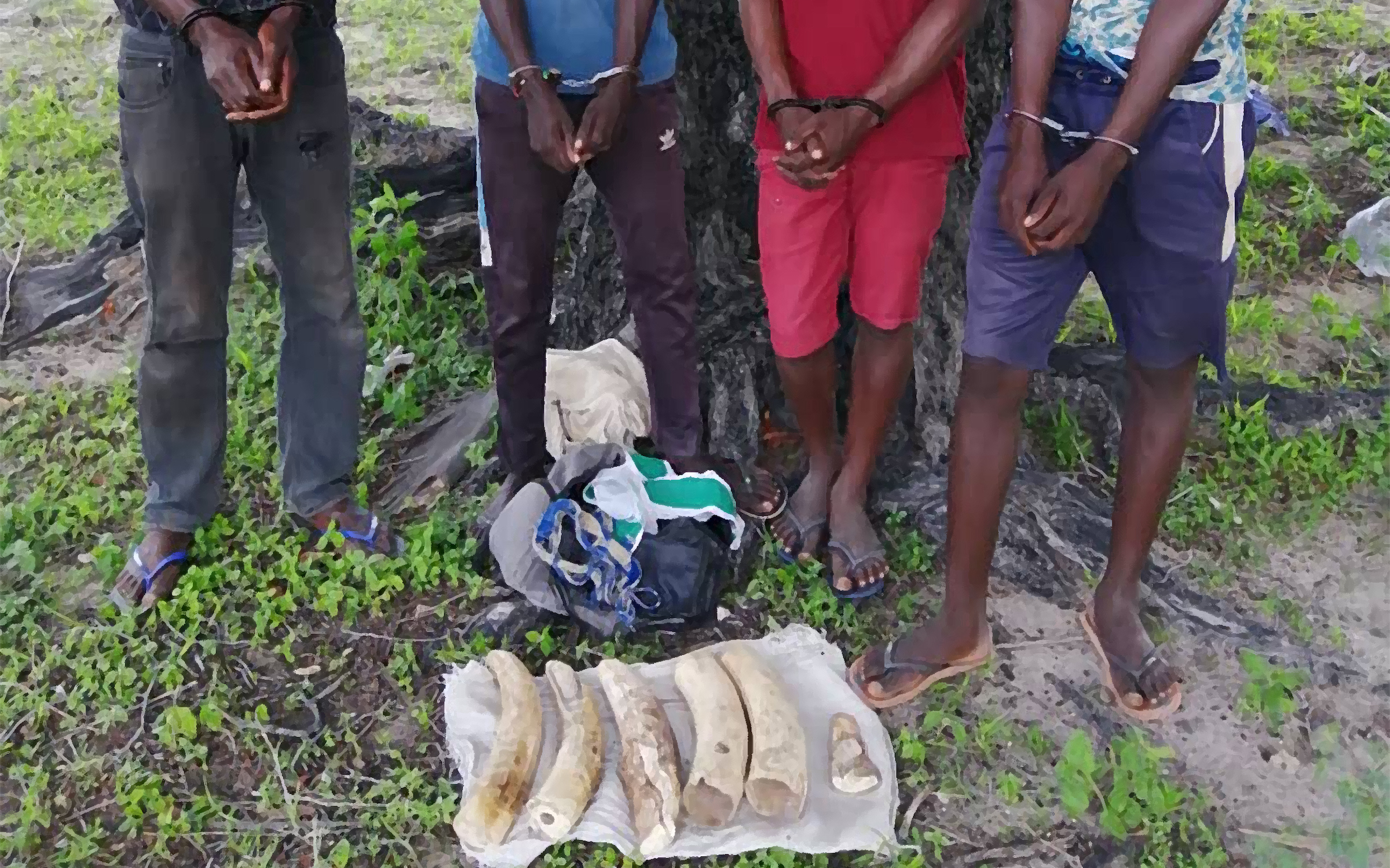
The rapid rise in the number of arrests and subsequent court cases has presented a new challenge, overwhelming an already stretched judiciary. Namibia already grappled with high rates of crime in other spheres, including homicide, domestic violence, fraud and corruption, burglary and armed robbery. The sudden massive expansion of the environmental crime sector resulted in a growing backlog of court cases, and the prosecution of suspects has lagged further and further behind arrests. This was not solely an issue of slow prosecution and case finalisation, however. Investigators, feeling they had achieved their goal of catching the criminals, often did not follow through effectively with further investigations and the finalisation of case dockets to ensure that these were trial-ready.
The Prosecutor General, Adv. Olyvia Imalwa, became increasingly concerned by these trends. The newly created Environmental Crime Unit was activated at the beginning of 2021 to whittle away at the backlog. The first step was to ensure that case dockets were trial-ready. The Head of the ECU, Adv. Jatiel Mudamburi, and his Deputy, Adv. Johannes Kalipi, conducted a thorough docket clean-up campaign, visiting nine Namibian towns to screen dockets and prepare them for trial.
The next step was to find a way to reduce the number of cases on the court roll in the various magisterial districts. It was decided that a Special Court would be needed to focus only on wildlife cases for an entire month. Based on wildlife crime prevalence, Katima Mulilo and Rundu were chosen as the priority candidates for the initiative.
Funding support was secured from the United Nations Office on Drugs and Crime, Space for Giants, TRAFFIC and Rooikat Trust. Prosecution teams were selected and dispatched, court space was secured, and on 1 April 2022 hearings began in both towns. The two teams worked tirelessly, far beyond official working hours and mandated court days, to prepare for each week's court sessions and ensure that court delays were minimised.


The operation entailed complex logistics, such as the transportation of accused to and from the courtrooms, ensuring the availability of witnesses and coordinating legal representation, among much else. Logistical challenges were overcome through active collaboration among regional NAMPOL and MEFT personnel and the prosecution teams, with support from Rooikat, Blue Rhino, the Directorate of Legal Aid within the Ministry of Justice, and the Law Society of Namibia. Highly committed interpreters, clerks of the court and court orderlies facilitated the daily court sessions.
The results produced by the end of April were tremendous. Cases were rapidly concluded throughout the month, with stern sentences being served. Noteworthy penalties include 9 years direct imprisonment for pangolin trafficking, a fine of N$ 800,000 or 8 years imprisonment for ivory trafficking, and 12 years direct imprisonment (with 3 years suspended) for ivory trafficking. Charges in these cases included transgressions against the Prevention of Organised Crime Act. A number of noteworthy penalties of up to 5 years in prison were also handed down in meat-poaching cases. These sentences serve as a powerful deterrent.
In addition, the vehicles and firearms used to commit the crimes were forfeited to the State along with the confiscated wildlife products. The loss of expensive four-wheel-drives or flashy sedans is a painful additional penalty for convicted criminals. A total of 5 cars and 16 firearms were forfeited in the course of the month. Between the two courts, 80 cases were finalised; 68 of these as convictions (a conviction rate of 85 per cent). The achievements of one month compare very favourably with the results of entire past years.
In Namibia, wildlife crime clearly does not pay. The chances of being caught are high. Through effective investigations and law enforcement, numerous poachers are being caught – many even before they manage to kill an animal. Rapid investigations following a poaching incident are resulting in high success rates in solving cases. Ongoing investigations into old cases continue to lead to more arrests – and convictions. Wildlife crime cases are now receiving priority attention from the judiciary. The dedicated efforts of the Office of the Prosecutor General, in close collaboration with investigators, are ensuring that arrests lead to convictions. Offenders are facing justice, and that includes stern sentences.
Namibia has worked hard to ensure healthy wildlife numbers, in many cases rebuilding the populations of vulnerable species from historic lows. This has enabled the tourism and conservation hunting industries – both based on abundant wildlife, intact ecosystems and sound conservation structures – to become two of the most important economic sectors in the country. The Namibian conservation, law enforcement and judiciary spheres are now working equally hard to ensure that those gains are not eroded by the greed of selfish criminals. Together, Namibia's collaborative efforts, bolstered by ongoing support from the international community, are creating a powerful deterrent against wildlife crime.
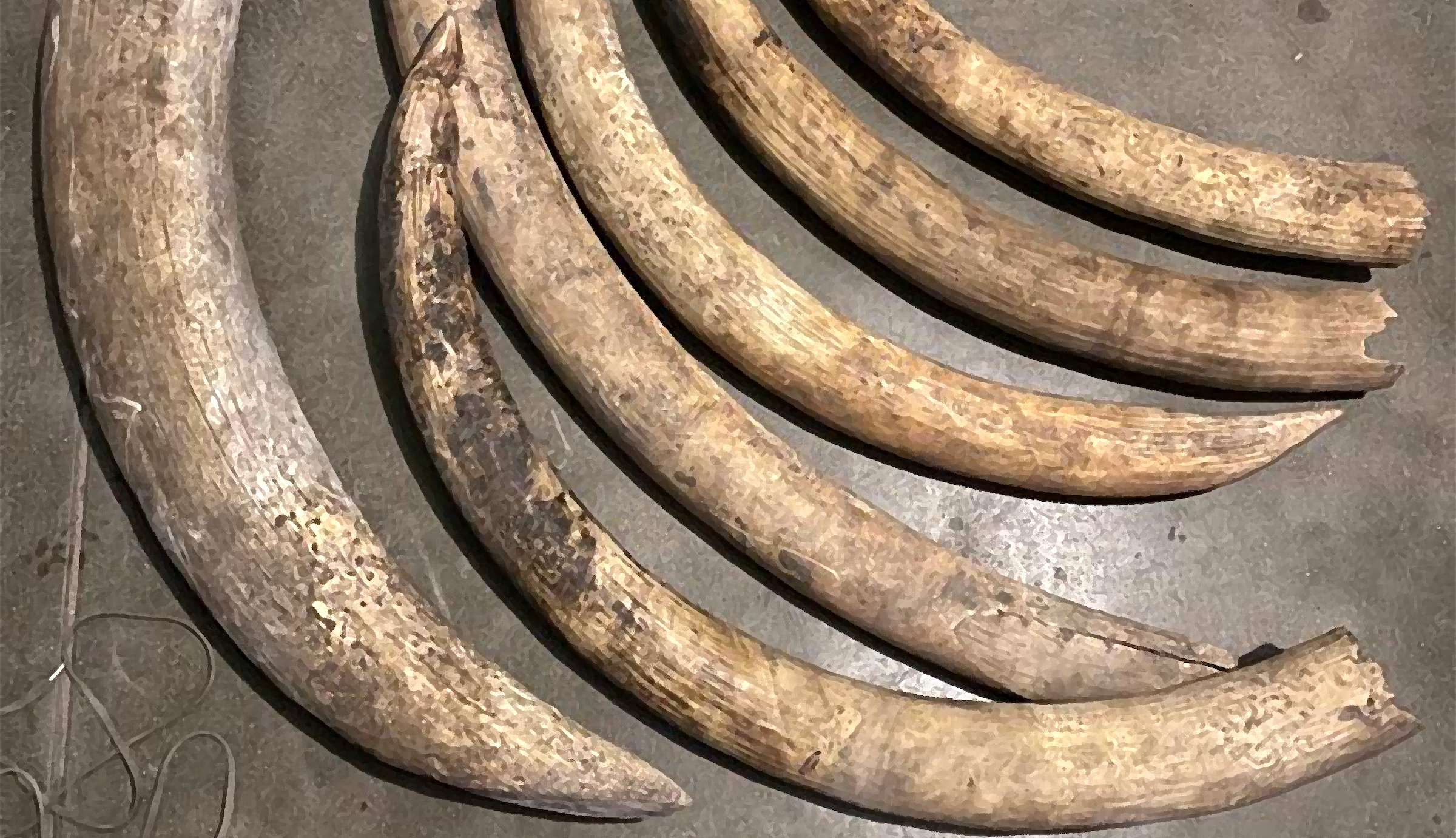
If you enjoyed this page, then you might also like:
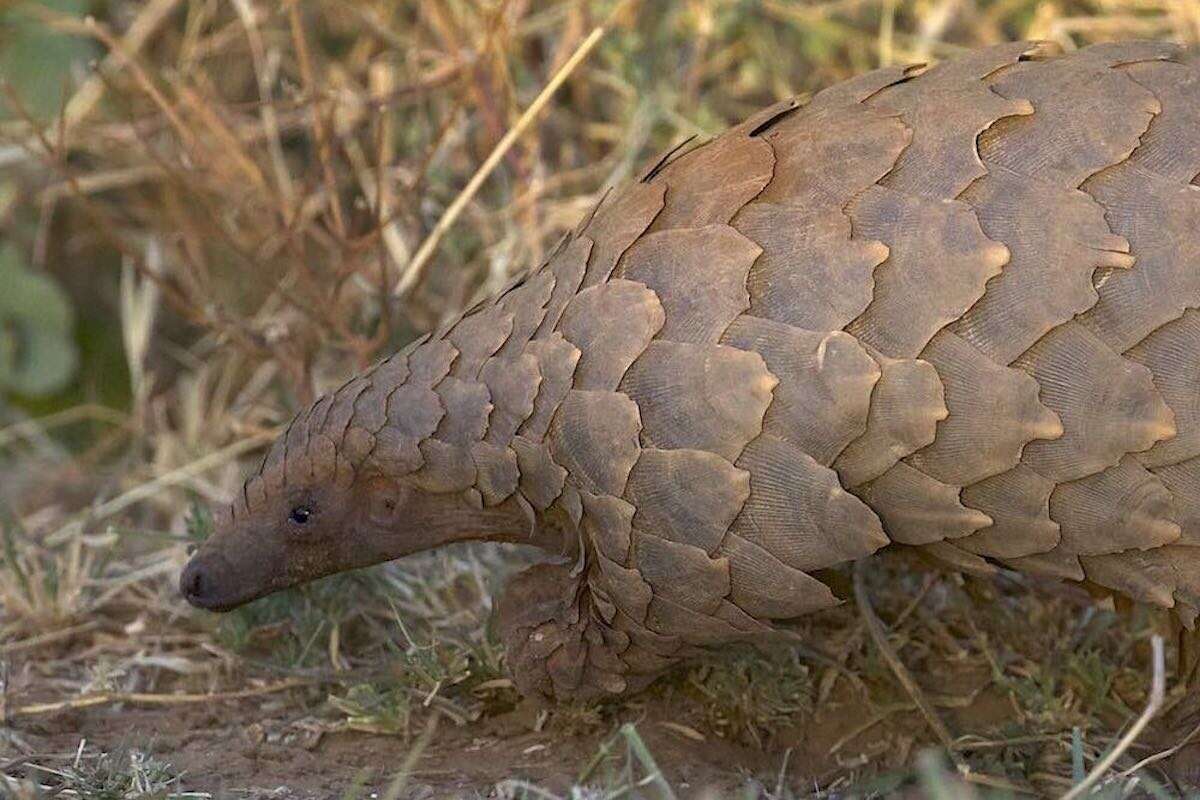
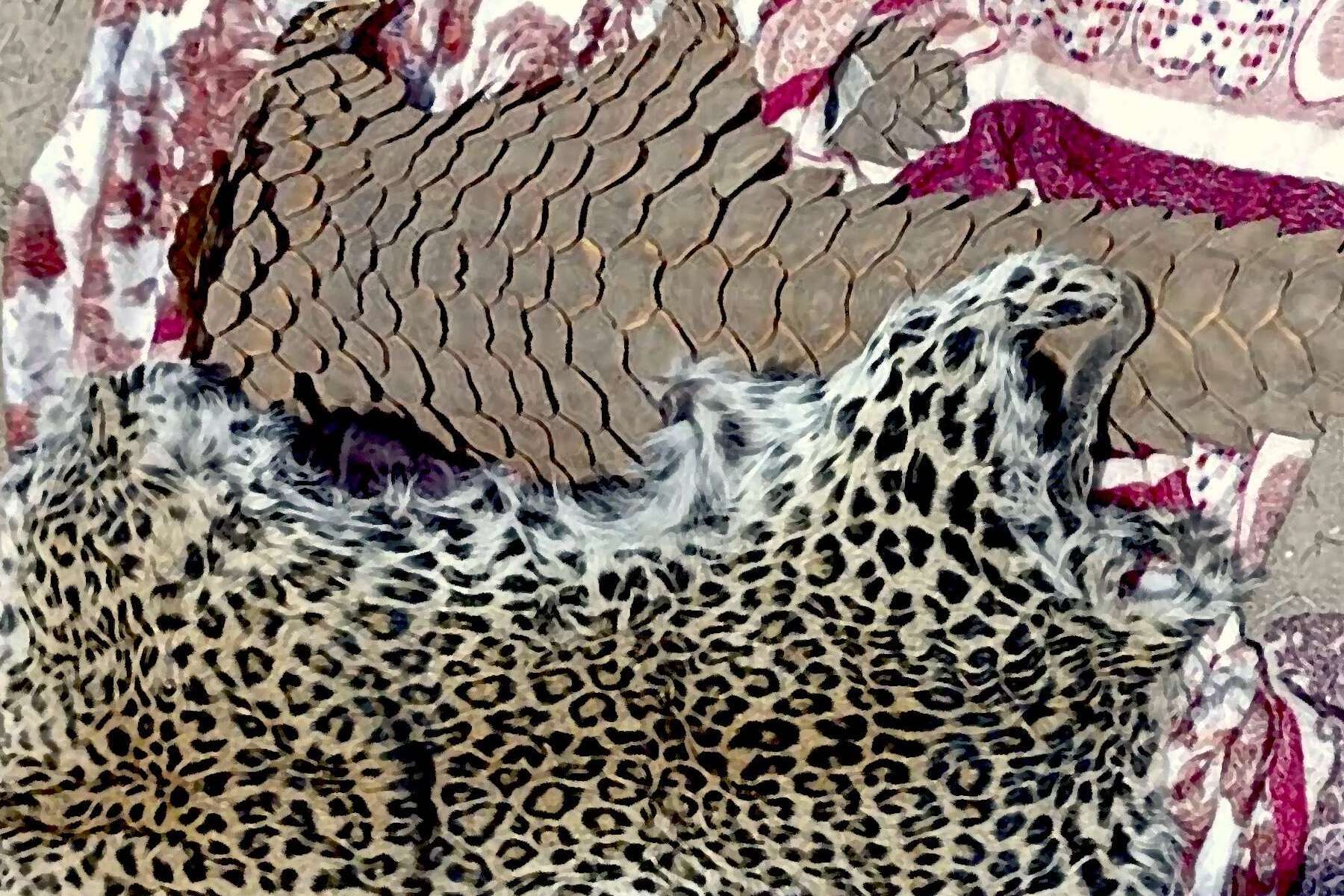

For articles on similar topics, please click one of the following options:
For more great articles from Conservation Namibia see below...
Conservation Namibia brought to you by:
We use cookies to monitor site usage and to help improve it. See our Privacy Policy for details. By continuing to use the site, you acknowledge acceptance of our policy.
